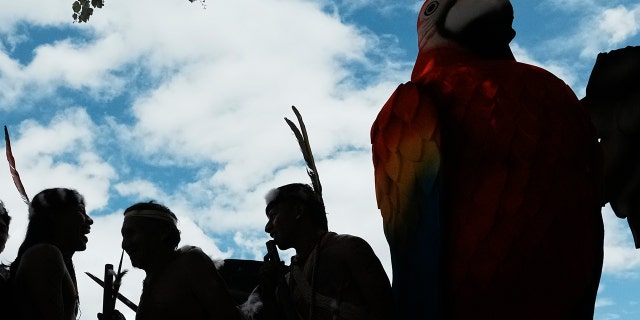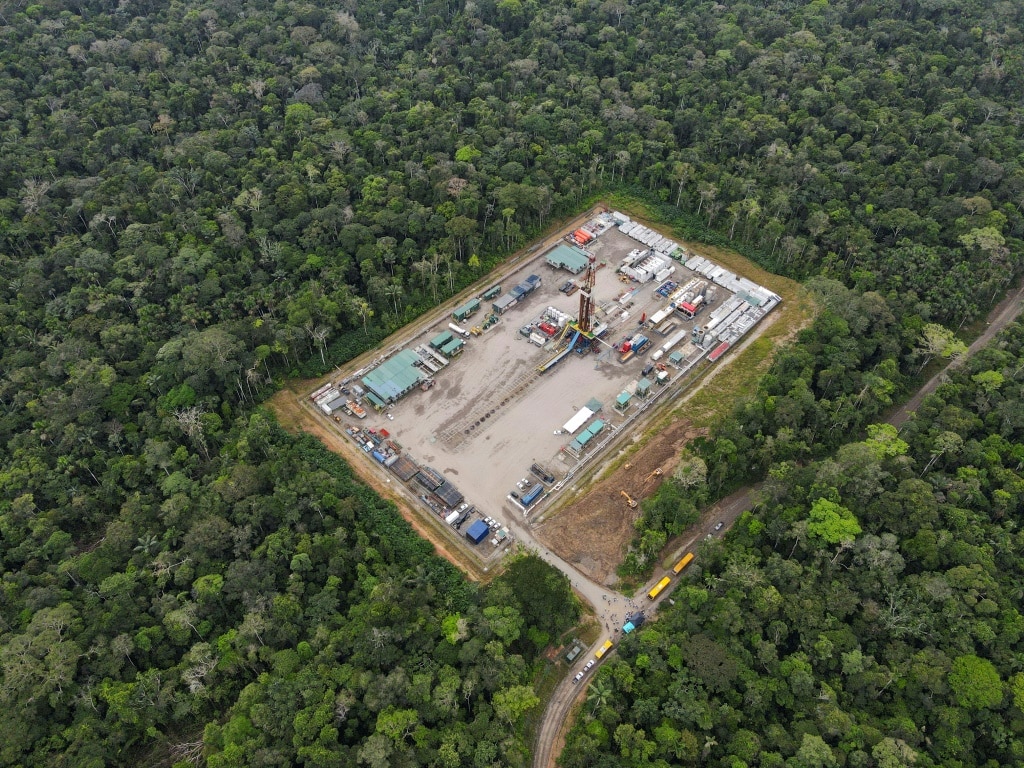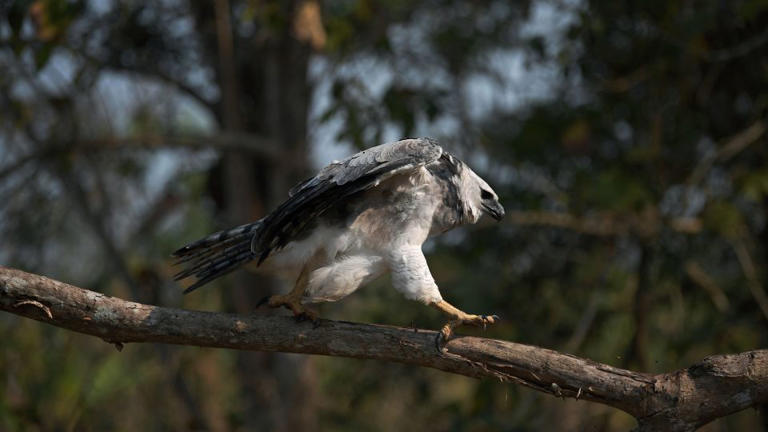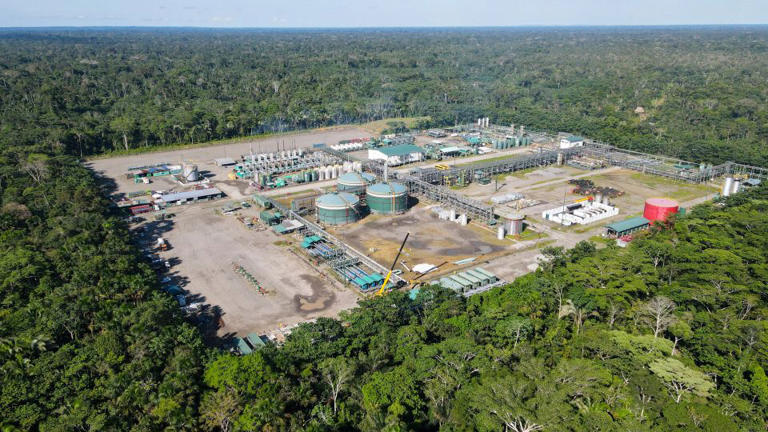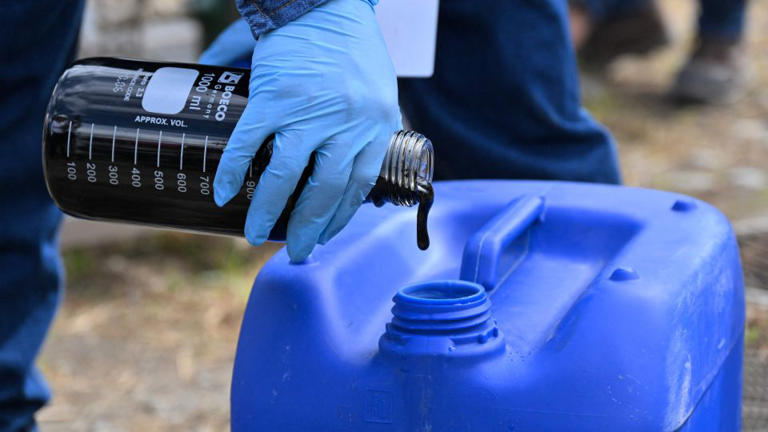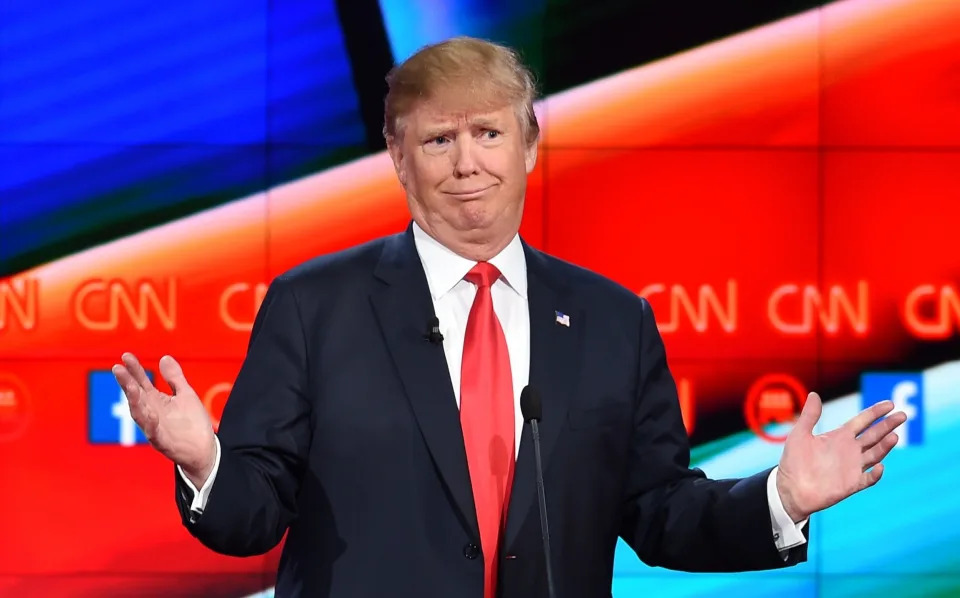ALEXANDRA VALENCIA AND JULIA SYMMES COBB
August 21, 2023

QUITO (Reuters) - Two former lawmakers, leftist Luisa Gonzalez and business scion Daniel Noboa, will battle for Ecuador's presidency in an October run-off, after coming top in a first round of voting over the weekend.
Gonzalez, a protege of former President Rafael Correa who has promised to revive his social programs, won 33% support, while Noboa, son of prominent banana businessman and former presidential candidate Alvaro Noboa, was a surprise second-place with 24% of the vote.
The contest was darkened by the assassination of anti-corruption candidate Fernando Villavicencio earlier this month. The crime is still under investigation, but Villavicencio, who was replaced as a candidate by his friend and fellow investigative journalist Christian Zurita, came third with 16%. Villavicencio's name appeared on the ballot papers because they were printed before his murder.
Sharp increases in crime, which the current government blames on drug gangs, and the struggling economy, whose woes have caused a rise in unemployment and migration, were the top concerns among votes as they headed to the polls on Sunday.
Gonzalez has promised to free up $2.5 billion from international reserves to bolster Ecuador's economy and bring back million-dollar social initiatives implemented by Correa - who has since been convicted of corruption - during his decade in power.
Noboa seemingly gained support after performing well in the only televised debate of the campaign.
A lawmaker until current President Guillermo Lasso dissolved the national assembly and called early elections, Noboa has focused his campaign on job creation, tax incentives for new businesses and jail sentences for serious tax evasion.
Though Noboa is likely to look for alliances with candidates who have been knocked out of the race, any potential victory will depend on how well he articulates policy proposals, said political analyst Alfredo Espinosa.
"Noboa has tried to sell himself as a businessman and a young technocrat. He showed it when he talked about how to manage hydroelectric dams (during the televised debate)," said Espinosa. "If he can do that same exercise with the proposals of the (other) candidates that will give his rhetoric much more meaning."
"Politics is not comparable to managing a private business, it means generating consensus, generating spaces for dialogue," Espinosa said.
Gonzalez, backed by Correa's political machine, which has devoted loyalists, especially in working class sectors, is in a strong position as the "second round will be plagued with ideological content," the political analyst said.
Also on Sunday's ballot were two environmental referendums that could block mining in a forest near Quito and development of an oil block in the Amazon.
An effort to bar development of an oil block in the Yasuni reserve in the Amazon was winning 59% support, with about 37% of ballot boxes counted, while a ban on mining in the Choco Andino forest near Quito was also winning with 67% support.
Correa's Citizens' Revolution party was leading the count for seats in the national assembly, with about 40% support, while Villavicencio's Construye party tallied 22%, with about 57% of ballot boxes counted.
(Reporting by Alexandra Valencia and Julia Symmes Cobb; Editing by Simon Cameron-Moore)
Ecuador’s presidential election appears headed to run-off vote in October between leftist candidate Luisa Gonzalez and business scion Daniel Noboa, according to partial results.
With 85 percent of the votes counted, Gonzalez, a protege of former President Rafael Correa who has promised to revive his social programmes, won 33 percent support, while Noboa, son of prominent banana businessman and former presidential candidate Alvaro Noboa, was a surprise second-place with 24 percent of the vote.
“Thank you, dear Ecuador, for this civic victory! We continue in this struggle, in which you have already given us a first victory and there will be a great and definitive second victory,” Gonzalez said.
Sharp increases in crime, which the current government blames on drug gangs, and the struggling economy, whose woes have caused a rise in unemployment and migration, were the top concerns among votes as they headed to the polls on Sunday.
President of the National Electoral Council Diana Atamaint said results showed no candidate had hit the threshold to win outright, after a tense day of voting under heavy security.
“We are heading to a second round election on October 15,” she told journalists on Monday.
Voting appeared to have been peaceful despite the crisis of insecurity, drug-related violence, and corruption in the country.
If no presidential candidate wins an absolute majority or at least 40 percent of the vote and a 10-percentage-point lead over the runner-up, a run-off is required.
Eight candidates were running for the highest office in Sunday’s snap elections, taking place as the country remains shaken by a wave of violence, including the assassination of anticorruption candidate Fernando Villavicencio earlier this month. The crime is still under investigation. Villavicencio’s replacement, investigative journalist Christian Zurita, came third with 16 percent.
Incumbent President Guillermo Lasso had called the snap election after he dissolved the opposition-dominated Congress in May to avoid an impeachment trial just two years after his election. Voters will also elect members of the 137-seat parliament.
Defender of Correa’s socialist legacy
According to Al Jazeera’s Latin America Editor Lucia Newman, the result would have surprised the 45-year-old Gonzalez, who is from the left-wing Citizen Revolution Movement party.
“Gonzalez did come in first as predicted, but by a far smaller margin than she would have hoped for as nine points behind her was Noboa – a 35-year-old businessman and the son of one of the richest men in the country, a banana magnate,” Newman, reporting from the capital Quito, said.

Left-wing presidential candidate Luisa Gonzalez, of the Citizen Revolution Political Movement, speaks to supporters after the polls closed in Quito
Related video: Ecuador Elections 2023 | Ecuadorians Vote In Presidential Election | Equador News | N18V (News18) Duration 3:18 View on Watch
“Noboa has been a congressman in the past but is still seen as an anti-politician,” she said, adding that most of the candidates who did not make it past the first hurdle are expected to vote for Noboa in the second round of voting.
“It puts the candidate in the leftwing party in a very difficult position for the runoff,” Newman said.
Despite the close contest, Gonzalez hailed her “triumph” in the first round.
Gonzalez, who sees herself as a defender of Correa’s socialist legacy, had long been leading opinion polls, with Villavicencio second until his murder. She has said that former President Rafael Correa will be a close advisor if she is elected.
Correa was sentenced to eight years in jail after an investigation by Villavicencio into corruption and fled to Belgium where he has been living in exile for six years.
Villavicencio was replaced at the last minute by a close friend and another journalist, Christian Zurita, who came in third with 16 percent of votes.
Hours ahead of the vote, Zurita said he was receiving death threats on social media.
‘Noboa appeals to the youth’
Meanwhile, Noboa said the “youth” had chosen him to beat Correa’s party.
His father, Alvaro Noboa, ran unsuccessfully for the presidency five times.
Political analyst Javier Farje said Noboa seems to have appealed to the young “disenfranchised” voters in the country, who are unhappy with the country’s current political system.
“Noboa is a young entrepreneur but he is also prepared to talk to Jan Topic, the hardline candidate who wants to implement harsh policies in relation to crime, to talk about security,” Javier told Al Jazeera.

Daniel Noboa, centre, his wife Lavinia Valbonesi and his team celebrate during a press conference in Guayaquil, Ecuador
‘We are afraid’
According to Farje, Noboa has appealed to young voters and people who are concerned about the way crime has risen in the country, with the increased presence of guns that could “work for Mexican drug cartels”.
The small South American country has in recent years become a playground for foreign drug mafias seeking to export cocaine from its shores, stirring up a brutal war between local gangs.
In one of the world’s most biodiverse countries, a historic referendum also took place on whether to keep drilling for oil in an Amazon reserve that is home to three of the world’s last uncontacted Indigenous populations.
With only 30 percent of votes counted, the “yes” vote to halt drilling was leading with 58 percent of support.
The small country straddles the Andes and the Amazon and was best known as the world’s top exporter of bananas.

